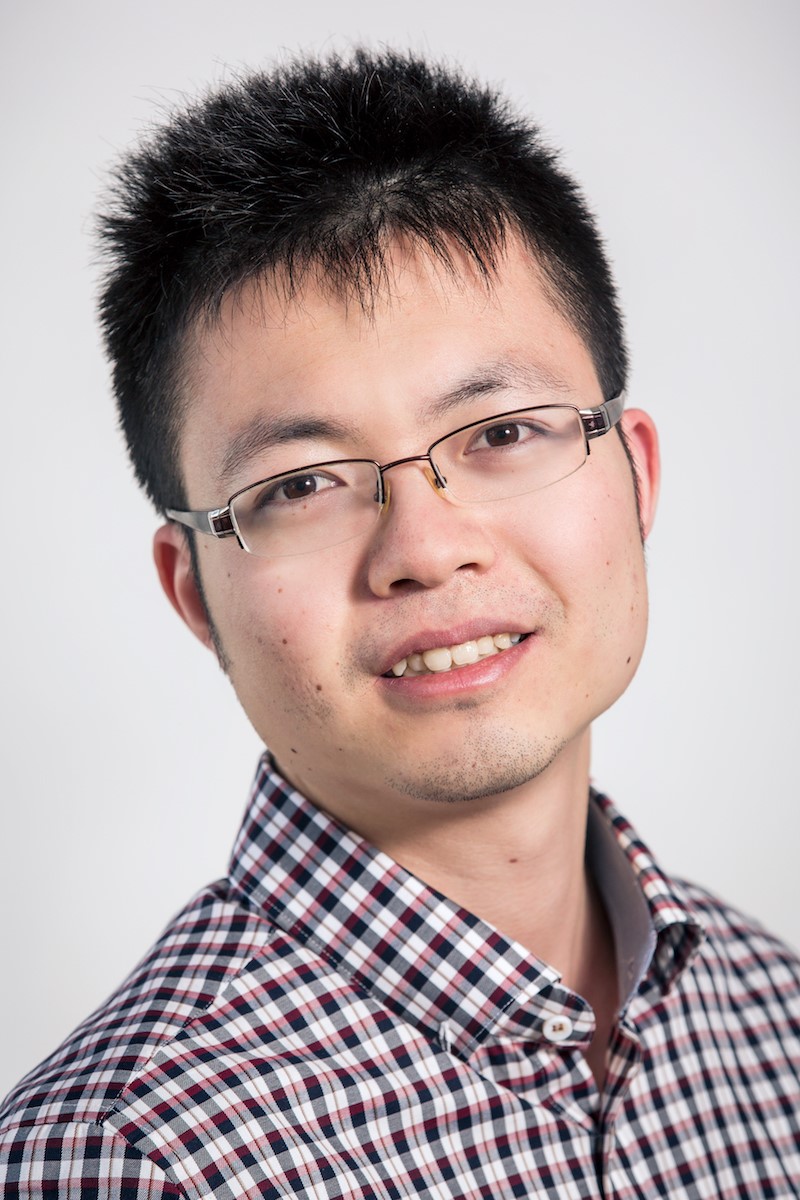HCAIS Deep Dive: A Crowd Computing Perspective
08 September 2022 12:30 till 14:00 - Location: Mondai House of AI (@NEXT Delft, Molengraaffsingel 8) | Add to my calendar
Abstract
The unprecedented rise in the adoption of artificial intelligence techniques and automation in many contexts is concomitant with shortcomings of such technology with respect to robustness, interpretability, usability, and trustworthiness. Crowd computing offers a viable means to leverage human intelligence at scale for data creation, enrichment, and interpretation, demonstrating a great potential to improve the performance of AI systems and increase the adoption of AI in general. Existing research and practice has mainly focused on leveraging crowd computing for training data creation. However, this perspective is rather limiting in terms of how AI can fully benefit from crowd computing. In this deep dive, we will discuss opportunities in crowd computing to propel better AI technology, and argue that to make such progress, fundamental problems need to be tackled from both the computational and interactional standpoints. We will shed light on the research needed to pave a future where humans and AI can work together seamlessly, while benefiting from each other.
Speakers
Dr. Ujwal Gadiraju - Ujwal Gadiraju is an Assistant Professor at the Web Information Systems group of the Faculty of Engineering, Mathematics and Computer Science (EEMCS/EWI), Delft University of Technology. He is a Director of the Delft AI “Design@Scale” Lab, and a member of the program management team of the TU Delft AI Labs. In addition, Ujwal co-leads the Kappa research line on Crowd Computing and Human-Centered AI at the WIS group. He is a Distinguished Speaker of the ACM, and a Research Fellow at the Weizenbaum Institute. Ujwal is currently serving as the Co-Editor for two Frontiers in AI journals: (1) Human-Centered AI and Crowd Computing and (2) User Modeling and Recommendations. He is also the Co-Editor-in-Chief of the Human Computation Journal and an Associate Editor of the Taylor and Francis Behavior and Information Technology journal.
Prior to joining the WIS group, Ujwal worked at the L3S Research Center as a Postdoctoral researcher between 2017-2020. Ujwal received a PhD degree (Dr. rer. nat.) in Computer Science from the Leibniz University of Hannover, Germany in 2017, and an MSc. Computer Science degree from TU Delft, the Netherlands in 2012. His research interests lie at the intersection of Human-Computer Interaction (HCI), Artificial Intelligence (AI), and Information Retrieval (IR), with a special focus on Crowd Computing. Ujwal’s prior work in Crowd Computing has explored methods to improve the effectiveness of the crowdsourcing paradigm, running large-scale human-centered experiments to understand the interaction between humans and machines, and understanding the societal impact of algorithmic decision-making.
Ujwal’s goal is to create novel methods, interfaces, systems, and tools to overcome existing challenges on our path towards building better AI systems and facilitating better reliance of humans on AI systems. More information and a full list of publications can be found on his personal website HERE.

Dr. Jie Yang - Jie Yang is Assistant Professor at the Web Information Systems (WIS) group in TU Delft. He co-leads the Kappa research line on Crowd Computing & Human-Centered AI at the WIS group and the Delft AI Lab Design@Scale in the university. Before, he was a machine learning scientist at Alexa Shopping, Amazon Research, based in Seattle, and a senior researcher at the eXascale Infolab, University of Fribourg - Switzerland. He received his PhD from TU Delft in 2017, MSc from TU Eindhoven in 2013, and BEng from Zhejiang University in 2011. During his master program, he also spent some time at Philips Research.
Jie works on human-in-the-loop approaches for reliable and trustworthy machine learning. The underlying assumption is that to create AI that really serves the purpose of people, it is of key importance to involve stakeholders in the design and development of new technologies for every stage of the machine learning lifecycle. His research contributes a new set of human-in-the-loop methods and tools for the development and evaluation of, and the interaction with, machine learning systems. With such efforts, his utimate goal is to transform machine learning into an engineering discipline that gives humans the full control of AI such that it can be reliably and safely used in all kinds of contexts.
His research methodology is both empirical and theoretical, with primary activities characterized by the design, implementation, and analysis of human studies, computational algorithms, and human-in-the-loop systems. He particularly values the collaboration with scientists from other disciplines and experts from various application domains, together with whom he and his research team develop usable tools to make real-world impacts.

About the HCAIS Deep Dive Series
The Human-Centred AI Systems (HCAIS) Deep Dive Series is a monthly gathering hosted for and by TU Delft HCAIS community at Mondai House of AI. Every month we zoom in on a different HCAIS-related challenge, methodology, technology or research niche. During these events, you can participate, learn, make connections, inspire and be inspired for new research for Human-Centred AI Systems. One of the goals of this series is to explore the key properties of human-centred AI research and education at TU Delft, as well as the transdisciplinary nature of human-centric AI. We invite all interested TU Delft PhD candidates, postdocs, and staff to join these sessions.
Please contact Charlotte Boelens for more information.